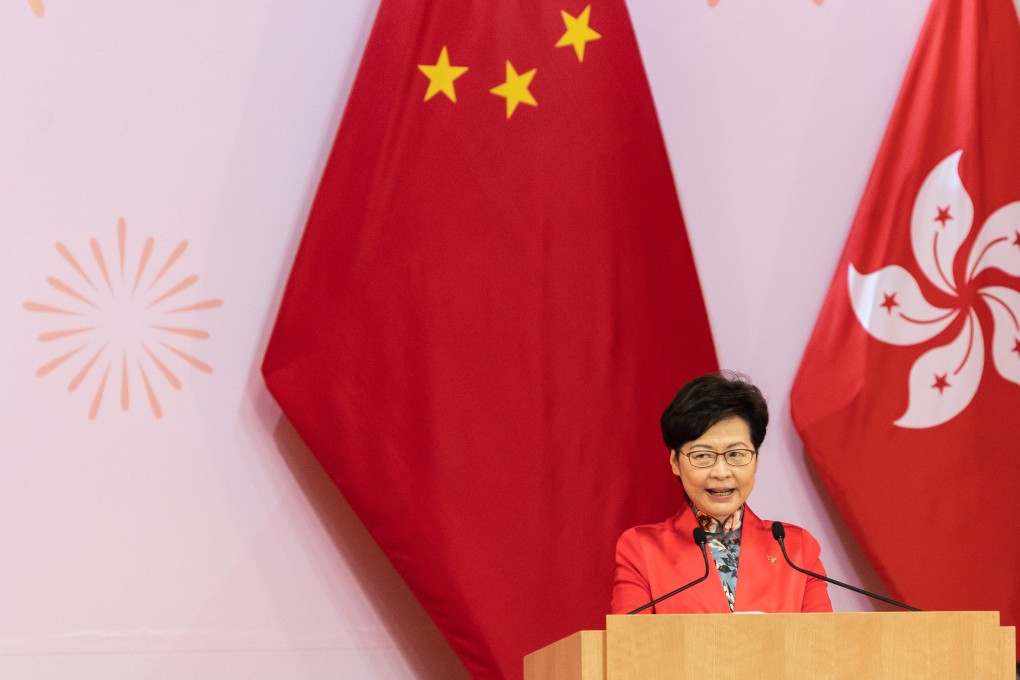Advertisement
Opinion | If Hong Kong’s relations with the mainland have changed, Carrie Lam should say so
- Lam’s lack of success in reopening the border with the mainland or dealing with the city’s housing shortage has not escaped Hongkongers’ notice
- But even if the clout of her office has declined, a chief executive still has a useful role to play – being straight with people about the impact of mainland policies
Reading Time:3 minutes
Why you can trust SCMP
7

A professed workaholic who seems to pride herself on being sleep-deprived, Chief Executive Carrie Lam Cheng Yuet-ngor is no doubt still working on her policy address. This will either be her swansong address, a piece of the legacy she is leaving for the city, or it will set the tone for her next term, should she seek and win it.
As an overachiever who accepts being second to none, Lam has a lot riding on her speech on Wednesday, especially when the past two years have been so humiliating.
In 2019, Lam delivered a pre-recorded policy address. And that was before Covid-19 so there was nothing normal about a speech that wasn’t delivered live. It was the ultimate display of her loss of control of the city she should have been leading.
Advertisement
Last year, she postponed her policy address just two days before she was due to deliver it. She said it was moved for her to attend meetings on the mainland to garner support and secure opportunities for Hong Kong.
The abrupt rescheduling was unsettling and raised expectations for her policy plan. That address turned out to be so underwhelming that many wondered why she didn’t just deliver it at the originally scheduled time.
Advertisement
Advertisement
Select Voice
Select Speed
1.00x

